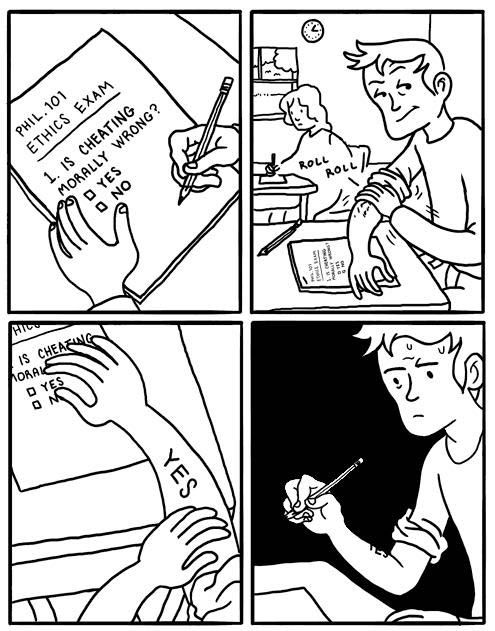Revisiting a post from the archives ~ I started Practical Pages with the aim of encouraging moms, and although I love to share what works here on Practical Pages, I admit that I often showcase the best sharable moments. Of course, I am not supermom and things are often less than perfect!
In another Getting Real post I will widen my exposure lens and share some of the real nitty-gritty realities of our homeschooling lives ~ Tantrums

First, let’s look at a definition ~
tantrum ~ˈtantrəm/ noun
- an uncontrolled outburst of anger and frustration, typically in a young child.
- synonyms: fit of temper, fit of rage, fit of pique, fit, outburst, flare-up, blow-up, pet, paroxysm, frenzy, bad mood, mood, huff, scene
Looking at the synonyms, I have seen my children and myself doing quite a few of those actions in times of frustration in our homeschooling, especially in our first year! Part of the problem was me and my idealistic expectations and perfectionist approach that I used when I first started homeschooling. Add a high-need, or sensitive or strong-willed children to the mix and there was a guarantee of outbursts of anger, tears, sulks, flare-ups and meltdowns.
I caused tension with my demanding teacherly approach. I could have spared us many meltdowns if I had been more sensitive, more spontaneous, more fun, calmer. I was a pain in the neck, uber-serious, stressed-out mom trying to get everything done and to do it “right”.
Looking back, I am glad that I learnt to add more time to our schedule by stretching out a one-year curriculum over 18 months to 2 years . This margin of time created a sense of safety and certainty that I didn’t have when I was chasing to keep up to a demanding prescribed schedule which I had allowed to be my task master instead of my guide. Also, I had to learn what worked for us in our home and not constantly strive for perfection I saw reflected in the homeschooling books I read and the homeschool blogs that I followed back then.
Some days simply started with a person in a bad mood, or with feelings anxiety or fear. Avoiding tantrums can feel like walking on egg shells. No one person in the family should have so much power over the rest of the members, but it is not easy to figure how to manage that person’s inability to control their emotions. That is where homeschooling is more about character formation and habit-training than about learning one’s multiplication tables or spelling. Homeschooling is the perfect place to work on character development. It is exactly these moments that are a necessary ‘pit stop’ to stop the learning and deal with the child’s attitude.
Sometimes a difficult subject, a challenging task or school activity was the cause of feelings of fear and anger. It helped to switch the timetable around and do something fun and easy first before tackling a tough subject. Sometimes, it felt better to start with the challenge and get it done and out-of-the-way. Sometimes we simply left it out until we felt ready to face it with a more positive attitude.
A child feeling ill, family members experiencing poor sleep, bad diet choices, or overwhelming schedules or too many expectations, visitors and interruptions are so draining that children just don’t have the capacity to control their feelings. In times like this, I recommend moms stay home a few days, keep things simple, create a calm and predictable mealtime and bedtime routine and nurture relationships with their children. Spend some cuddle-time together reading a good book aloud, go on nature walks, or listen to classical music, or bake, or whatever nurtures your family. On tough days I changed our school routine and started with a read aloud, or a song or a fun “Simon Says” game to diffuse the tension and release the anxiety. Our Fabulous Fine Arts Fridays was the result of choosing one day of our week to be creative and more relaxed.
One of our best methods of clearing the air after a tantrum or meltdown, was an apology. We used a “whiteboard” image and asked if we could quickly erase the horrible experience and start again. Use the expression, “Can I try that again?” Fresh starts are such an expression of grace. Rather than live in the shame and guilt of a tantrum, offer yourself or your child the opportunity to try again, to start with a clean slate, to be their best in the new moment.
Children in school learn quickly how to hide their feelings, whereas at home, children feel free to express their emotions and vent their feelings. Have you every wondered way your children ‘play up’ when they are with mom but not with others?
In sharing my imperfections, I extend grace to you in yours. Grace to every mom. Grace to every child. Grace to you in the real and imperfect life you are living right now.
Please feel free to share your experiences, questions or offer any advice in the comments.
Blessings and grace in these real moments,
Nadene

 Too little or nothing done
Too little or nothing done Unmet expectations often lead to disappointments. Repeated disappointments can in turn lead to depression, despair and hopelessness.
Unmet expectations often lead to disappointments. Repeated disappointments can in turn lead to depression, despair and hopelessness.







You must be logged in to post a comment.